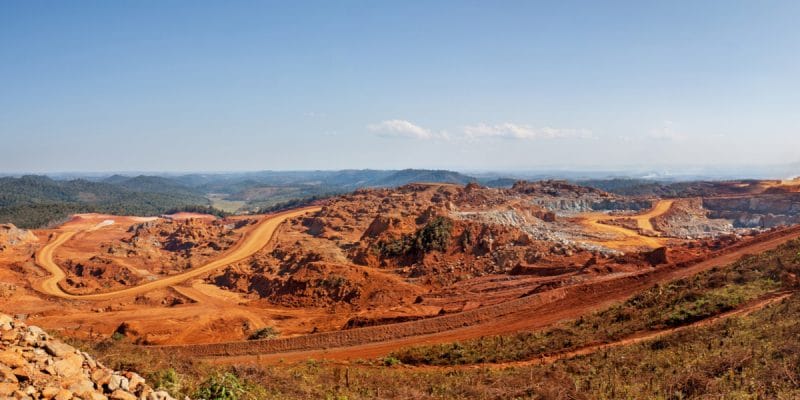A study provides new evidence for maintaining the planet's ecological integrity. Published on 3 June 2022 by a team of scientists from different backgrounds, the new study indicates that at least 44% of the planet's land area should be conserved to save biodiversity.
The study comes across as a conservation plan for the planet. The findings, published in the journal Science on 3 June 2022, reveal that 44% of the world’s land area, or some 64 million square kilometres, requires conservation action to halt the decline in biodiversity. “We need to act quickly, our models show that more than 1.3 million square kilometres of this land (an area larger than South Africa) is likely to have its habitat cleared for human activities by 2030, which would be devastating for wildlife,” explains Dr James R. Allan of the University of Amsterdam in the Netherlands, and leader of the research team.
To arrive at these estimates, the research team used geospatial algorithms to map optimal conservation areas for species and terrestrial ecosystems around the world. In addition, they used spatially explicit land-use scenarios to quantify how much of this land will be threatened by human activities by 2030.
In addition to the UN’s Aichi Target 11 to protect 17% of the planet by 2020, the study’s estimates are half those envisaged under the 30×30 target. A proposed global agreement for biodiversity, aiming to convert 30% of the planet into protected areas by 2030.
Sustainable land use
Billed by its authors as one of the most comprehensive studies on conservation, the new study could help decision-makers set effective conservation targets at the 15th United Nations Conference on Biodiversity (COP15 Biodiversity), which is scheduled to take place in late August/early September 2022 in Kunming, China.
Read also-AFRICA: Ouattara mobilises his peers for the restoration of degraded lands
However, the authors emphasised that not all the lands identified should necessarily be designated as protected areas, but rather managed through a wide range of species and ecosystem conservation strategies, including other effective area-based conservation measures. They also advocate effective sustainable land use policies.
Boris Ngounou







